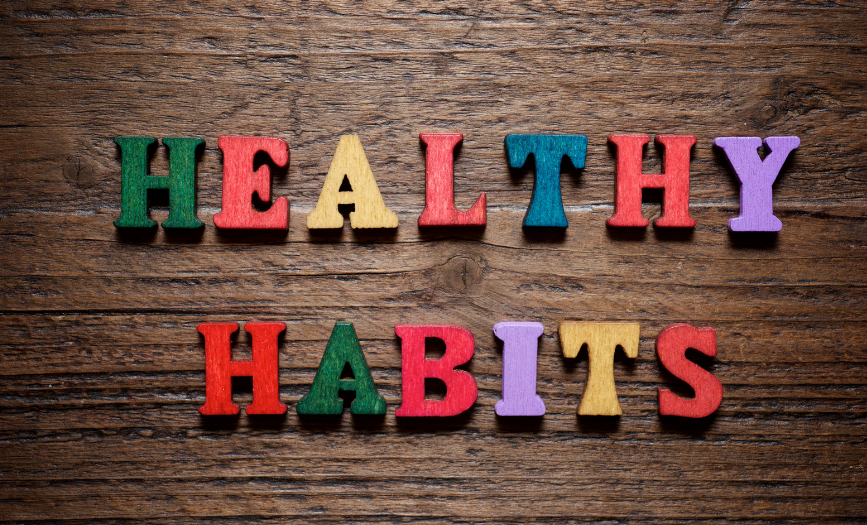It's a philosophy that's repeated time and time again: Healthy habits start at home. And it's true—taking steps towards positive lifestyle changes in the pursuit of weight loss and overall health in the home are among the most rewarding decisions a family can make together. Whether the hope is to keep up with the kids or reap the many health benefits, a 2016 study from the Washington University School of Medicine in St. Louis found that even moderate weight loss has great rewards. But there is one factor to keep in mind: How are your children perceiving your weight-loss efforts?
The truth is, even young children are very aware and often self-conscious about their bodies. According to a 2015 report from child advocacy group Common Sense Media, more than half of six- or seven-year-old girls say
She explains, "The parent might make the mistake of modeling poor eating habits, like proclaiming that certain foods are off limits or eating in a way that appears different." This, Dr. Baez says, can send children the wrong messages about body image. "Watching a parent fight with food sets the stage for the same relationship pattern for kids and food in the long term."
Fortunately, Baez says it is possible to facilitate healthy body images for kids while parents shed pounds. "If a parent is going through their own weight loss, they must never, ever talk about getting skinny or that they are too fat. Even if a parent has significant weight to lose, the goal should be to get healthy," Baez says. "One of the biggest mistakes that parents can send
Instead, Baez advises keeping the emphasis on what feels good about exercise and eating well. "Living on shakes and packaged meals doesn't teach kids anything about nurturing their bodies with healthy choices," she says. "Talk about the way food benefits your body. Avoid talking about any off-limits foods." She adds the same is true for exercise. "If you talk about how much you hate running, but you love what it does for your figure, that can send a conflicting message."
Like Mother, Like Child
As the mother of a six-year-old girl, Kristin Sancken says she's well aware that messages glorifying skinniness come from platforms she may not be able to control. Still, she says she makes a point of discussing body image with her daughter. "We talk a lot more about the importance of being strong and healthy, [rather] than being skinny," she says. "For instance, we've been working on the concept that every meal should have a fruit and vegetable, not because it makes us skinnier, but because we will get sick less often."
The importance of promoting that kind of positive relationship with food and exercise is something Sancken took to heart after growing up with a mother who struggled with anorexia. She says, "The main thing I'm making sure to do differently than my mom is to teach my daughter about nutrition and not just calories."
Natasha Miles, a trainer and a mother to three girls, says being mindful of the messages she sends her daughters also benefits her. "If you can be more conscious about the things that you say and give them a better image, that gives you a better image about yourself," she says. She's found that is especially important as she tries to lose weight she gained after being injured. "As little girls, you look up to your mom and that's kind of your role model. And it's like, 'Oh, if my mom thinks she's fat, then I must be fat
If one of her daughters
"If they are in a healthy weight range but want to be skinny, then parents should double check the language they are using and the focus should be on health and loving your body," Baez says. "If the child truly has a weight problem, it's okay to talk about simple changes
Awareness is key in any lifestyle change, more so when the impressionable mind of a child is around. By changing the vocabulary with which you discuss and approach healthy changes in diet and exercise, it is possible for parents to lose weight while still promoting children's positive self-images.












